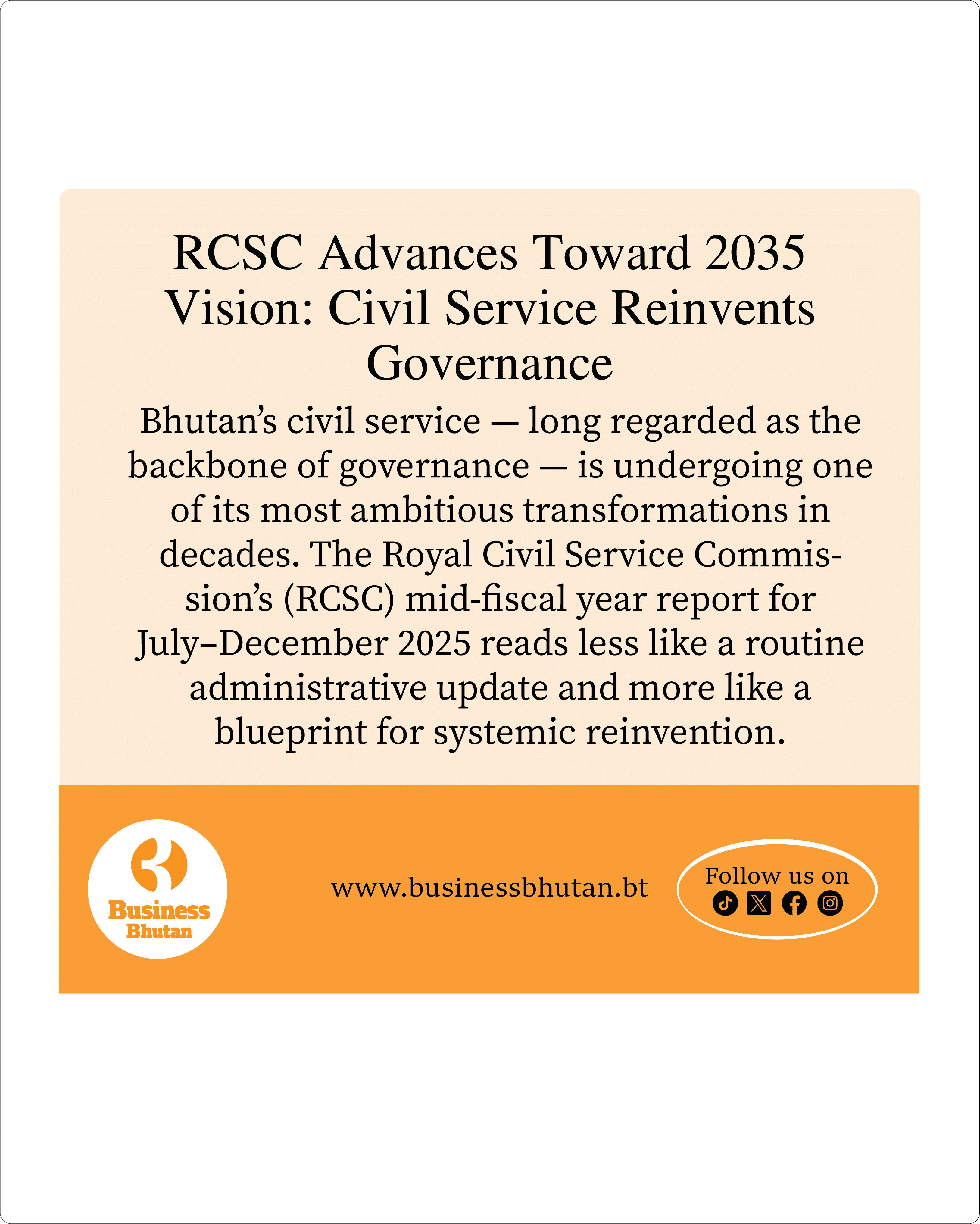For 34 years, the Fourth King, Druk Gyal Zhipa Jigme Singye Wangchuck, masterfully steered Bhutan towards an illustrious vision he meticulously crafted for the nation. The world was left in profound shock when he chose to abdicate the throne—a move as unexpected as it was bold. This wasn’t the first time. Throughout his reign, the Fourth Druk Gyalpo repeatedly astonished both Bhutan and the global community with his extraordinary leadership.
Journalists from every corner of the globe were left in awe when the young 18-year-old King during his Coronation, confidently declared that his foremost priorities were self-reliance and national sovereignty. This declaration marked the beginning of a reign filled with visionary leadership. The world was further astounded when this Monarch, hailing from a little-known Himalayan kingdom, introduced the revolutionary concept of Gross National Happiness. His announcement that Bhutan would transition to a democratic constitutional monarchy captured international attention, solidifying his reputation as a leader of unparalleled vision. His decisive leadership in directing Bhutanese forces to expel Indian militants, among other significant events, perpetually left the world in awe.
His Majesty earned a plethora of epithets—Bodhisattva King, King of Destiny, Dharma King—each reflecting the multifaceted nature of his leadership. Indeed, a closer look at his reign reveals a leader acutely aware of what needed to be done, responding adeptly to the moments and challenges he encountered. His diverse manifestations of leadership were evident from the day his father passed away.
Speaking to the National Assembly mere days after assuming governance, he declared that there is no time to grieve; there was much to be done. This statement set the tone for his reign, characterized by relentless dedication and a profound sense of duty. During his Coronation address, he candidly told the people not to expect the government to do everything for them, urging a spirit of self-reliance and collective responsibility.
When his people required compassion, he embodied the Bodhisattva, providing solace and guidance with boundless empathy. When the world needed a new path to development, he emerged as a philosopher and word-smith, articulating a vision that transcended conventional economic metrics. When he sensed his people straying, adopting foreign cultures despite repeated pleas, he employed policies that best served the nation’s cultural preservation and integrity.
During the 2003 operations, when fewer militia turned up than expected, contrary to National Assembly members’ assurances, the Fourth King did not hide his disappointment. As Bhutanese forces went to war after more than a century of peace, the Fourth King manifested as the General, leading his people with unwavering resolve and strategic acumen.
Just as His Majesty was compassionate, he was practical. Though bold, he took calculated moves. He was a strategist, whose reign was marked by visionary policies and courageous decisions that not only shaped Bhutan’s future but also left an indelible mark on the international stage. His legacy is one of profound innovation, unwavering dedication, and an enduring commitment to the happiness and well-being of his people. He remains a giant among iconic leaders who have walked and walk the world.















